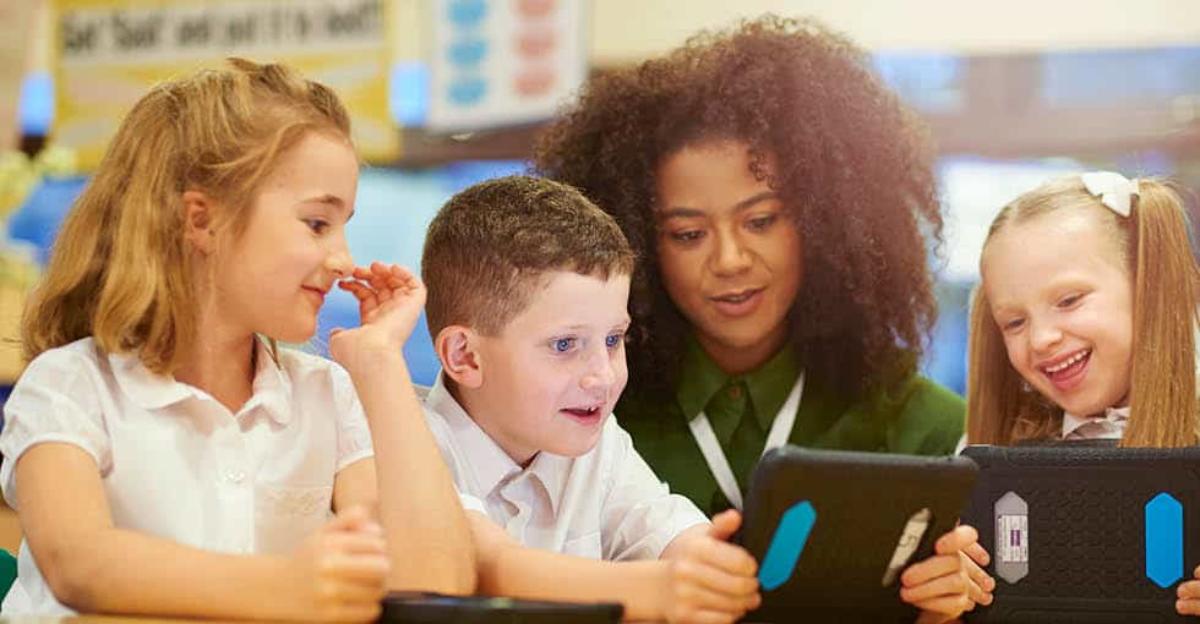Vocabulary instruction has long been a stereotypical example of memorization and repetition. However, with the latest tools and research-based programs like Wordly Wise 3000® making vocabulary instruction more engaging for students, the understanding and use of more descriptive, diverse language is making a comeback in classrooms. Keep reading and learn more about the benefits of teaching academic vocabulary and what methods best fit today’s students.
Why Do We Teach Academic Vocabulary?
Academic vocabulary is defined as words that are used in academic dialogue or text, and more specifically are not as common or frequently used in informal communication. Academic language gives students the tools and knowledge for better comprehension of reading materials, as well as more diverse language to use in writing.
There are different types of academic language, often referred to in tiers. Tier 1 words are those that students commonly use and know. Tier 2 words are those that might be less familiar, but are useful to enrich conversation and writing. Tier 3 words are those which are specific to an area of study and are necessary to concepts taught in class. Some of these might include math and science terminology.
Best Method for Teaching Academic Vocabulary
Teaching academic vocabulary can be overwhelming, and it can’t be tackled all at once. Students enter a classroom at varying stages in the literacy process, and some will grasp and absorb vocabulary instruction more quickly. It is important to choose the right words, for the right students, and teach it to them at the level that will best suit their specific learning needs.
One of the reasons that many schools and teachers opt for a direct vocabulary instruction program, like Wordly Wise, is because of the research and dedication that goes into its development. The Wordly Wise vocabulary instruction program creates a strong connection between vocabulary and reading comprehension. The research-based activities and passages are tiered to match students with both an on-grade or below-grade reading level, which in turn helps individual students feel motivated and engaged.
Why Choose a Direct Academic Vocabulary Instruction Program?
Wordly Wise uses research based activities and instruction to develop the link between vocabulary and reading comprehension. Along with the benefits of direct vocabulary instruction listed above, the Wordly Wise 3000® program introduces more student engagement through a partnership with Quizlet, a online learning application that reinforces vocabulary words through activities and scored games.
Wordly Wise i3000® allows teachers to reach more students, as the digital application can provide engagement and support to students based on their specific needs. All the practice activities and assessments are scored and recorded in real-time and are self-paced with provided feedback. Not only does this provide value for students who can see where they need more practice, but also offers insight to the teachers.
If you are interested in learning more about the direct vocabulary instruction programs available through EPS, or are interested in the many beneficial and convenient features that the Wordly Wise 3000® or Wordly Wise i3000® programs have to offer, read more here.






Leave a Reply